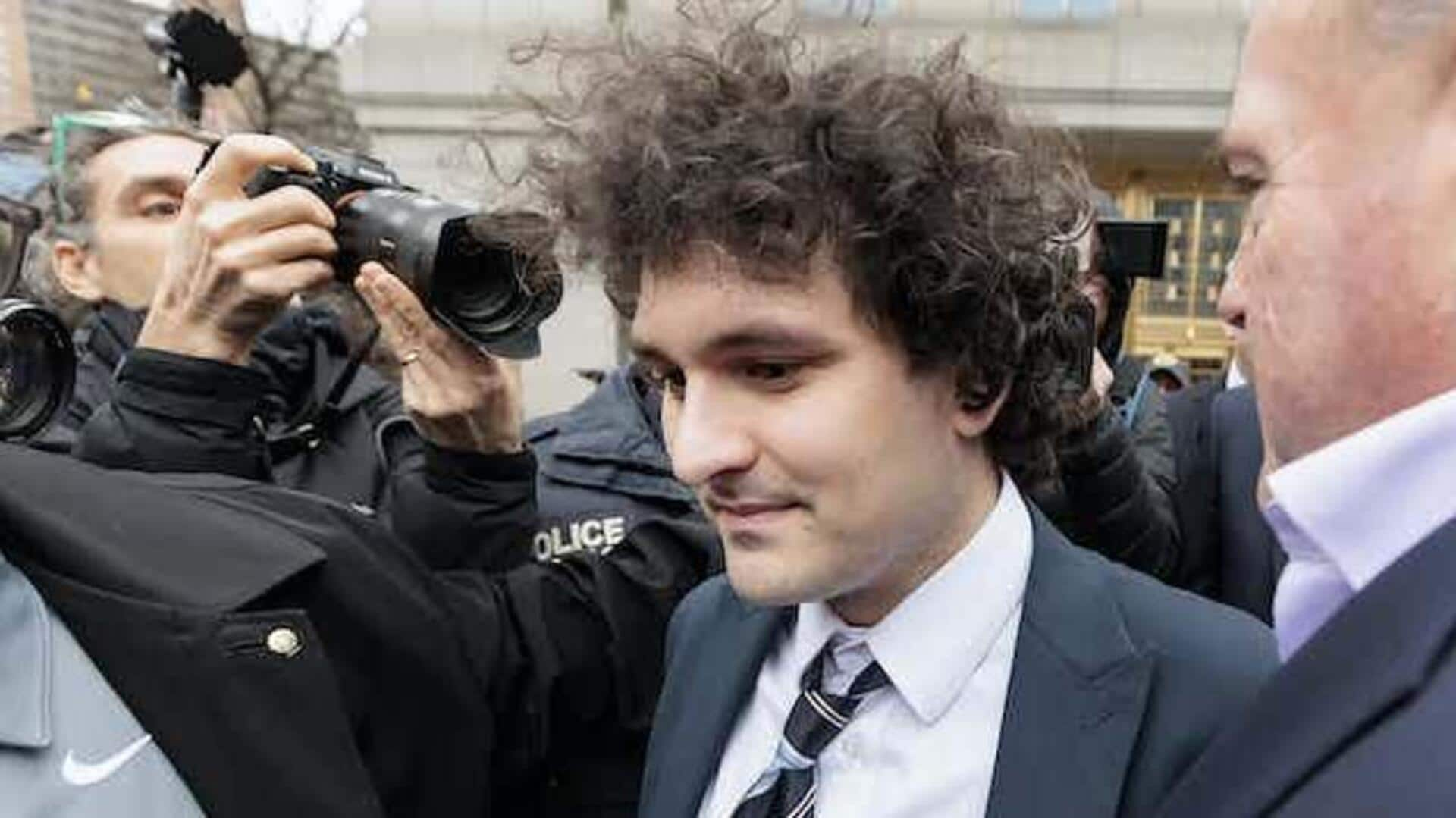
Sam Bankman-Fried to face cross-examination again in FTX fraud trial
What's the story
Sam Bankman-Fried, the founder of the cryptocurrency exchange FTX, is scheduled to retake his testimony on October 30 in the ongoing fraud trial related to the collapse of the cryptocurrency exchange. The prosecution is set to question his claims that he did not misappropriate billions of dollars from customers. Bankman-Fried has entered a not-guilty plea for two fraud charges and five conspiracy charges, and if found guilty, he could face a lengthy prison sentence.
Details
Testimony from former confidantes and defense strategy
Previously, three former associates of Bankman-Fried, who have pleaded guilty and testified for the prosecution, informed the jury that he posted or instructed others to post deceptive messages on social media. These messages were intended to falsely reassure customers about FTX's stability to prevent a mass withdrawal of deposits. Mark Cohen, Bankman-Fried's defense attorney, is anticipated to question him about his version of the events in November 2022 when FTX crumbled due to a surge in customer withdrawals.
What Next?
Bankman-Fried's testimony and distancing from actions
In his testimony on Friday, which lasted six hours, Bankman-Fried attempted to distance himself from specific actions taken by the three cooperating witnesses without his direct involvement. He acknowledged making "mistakes" that negatively impacted FTX's customers and employees but denied intentionally taking customers' funds. Choosing to testify in his own defense is a risky move, as it exposes him to intense cross-examination by the prosecution.
Insights
Prosecutors' allegations and potential verdict timeline
The prosecution has accused Bankman-Fried of using billions of dollars from FTX customers to support his hedge fund, Alameda Research, make high-risk venture investments, and donate to US political campaigns. US District Judge Lewis Kaplan has indicated that jury deliberations could commence by Thursday or Friday. Legal experts told Reuters that Bankman-Fried may have seen testifying as his best chance to counter the claims made by the three cooperating witnesses that he instructed them to engage in criminal activities.